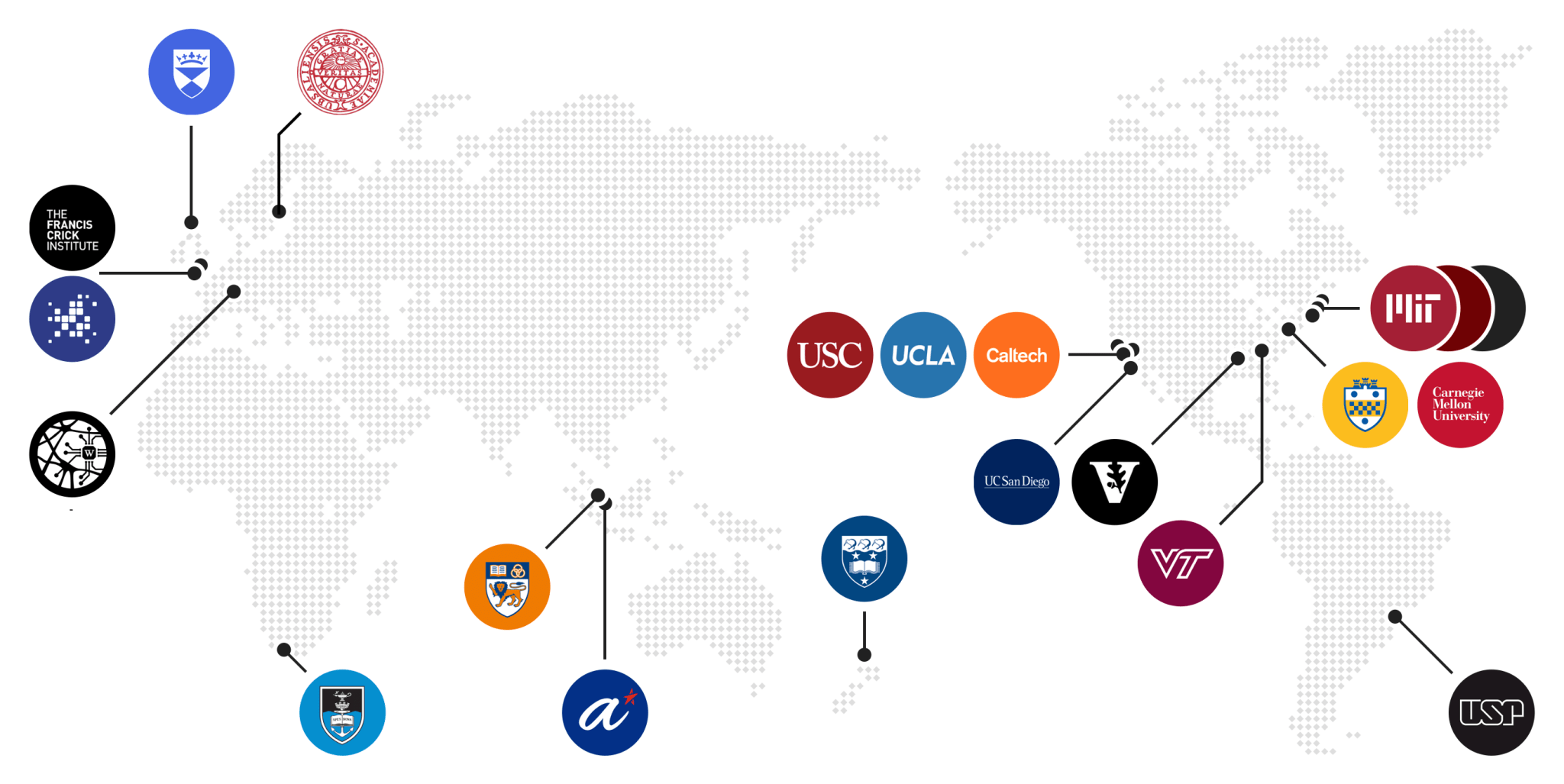
Vanderbilt University has joined the Leap Health Breakthrough Network, a global group of leading academic and research institutions committed to solving the world’s most serious health challenges—such as cancer and infectious diseases—at record speed. Wellcome Leap is a U.S. nonprofit organization with $300 million in initial funding. Wellcome Leap was founded by the Wellcome Trust, a U.K.-based charitable organization, to accelerate innovations that benefit global health.
Through its network, Wellcome Leap builds and executes bold, unconventional programs that aim to deliver breakthroughs in human health over five to 10 years. Operating at the intersection of life sciences and engineering, Leap programs require best-in-class, multidisciplinary, global teams assembled from universities, companies, and nonprofits working together to solve problems that they cannot solve alone.
“Today our society faces some of the greatest challenges ever known. But it is often these difficult moments that bring out the best in humanity,” Chancellor Daniel Diermeier said. “Vanderbilt’s research and scholarly mission has always been guided by a pursuit of excellence. We are pleased to join Wellcome Leap in a similar spirit of achieving breakthrough innovation through sustained commitment, intellectual rigor, and a spirit of global collaboration across multiple disciplines and institutions.”
Typically, it can take as long as a year to finalize a research agreement with a funding entity, and when collaboration is required, work often cannot begin until all parties are signed—further prolonging the delay. What’s more, key components needed to catalyze innovation sometimes come from individual researchers or smaller institutions that are often left out of major research initiatives.
The Leap Health Breakthrough Network will help eliminate barriers to progress, thanks to the first-of-its-kind Master Academic Research Funding Agreement, which equitably addresses all terms and conditions including intellectual property, ownership, and publication among network members. Now that Vanderbilt has signed the agreement, it will need to negotiate only the statement of work and cost before funds can be transmitted and work can begin—often in days, shaving months or more off development timelines.
“As the COVID-19 pandemic illustrates only too well, science-based solutions, such as new therapies and vaccines, need to outrace fast-moving threats to global health,” said Padma Raghavan, vice provost for research. “Now Vanderbilt researchers can collaborate across the Wellcome Leap global network to test bold ideas and rapidly advance biomedical breakthroughs that might be otherwise beyond reach.”




